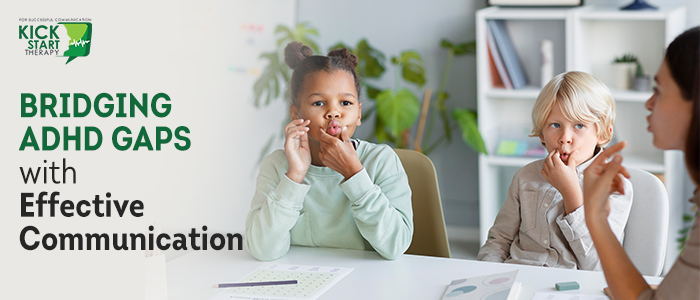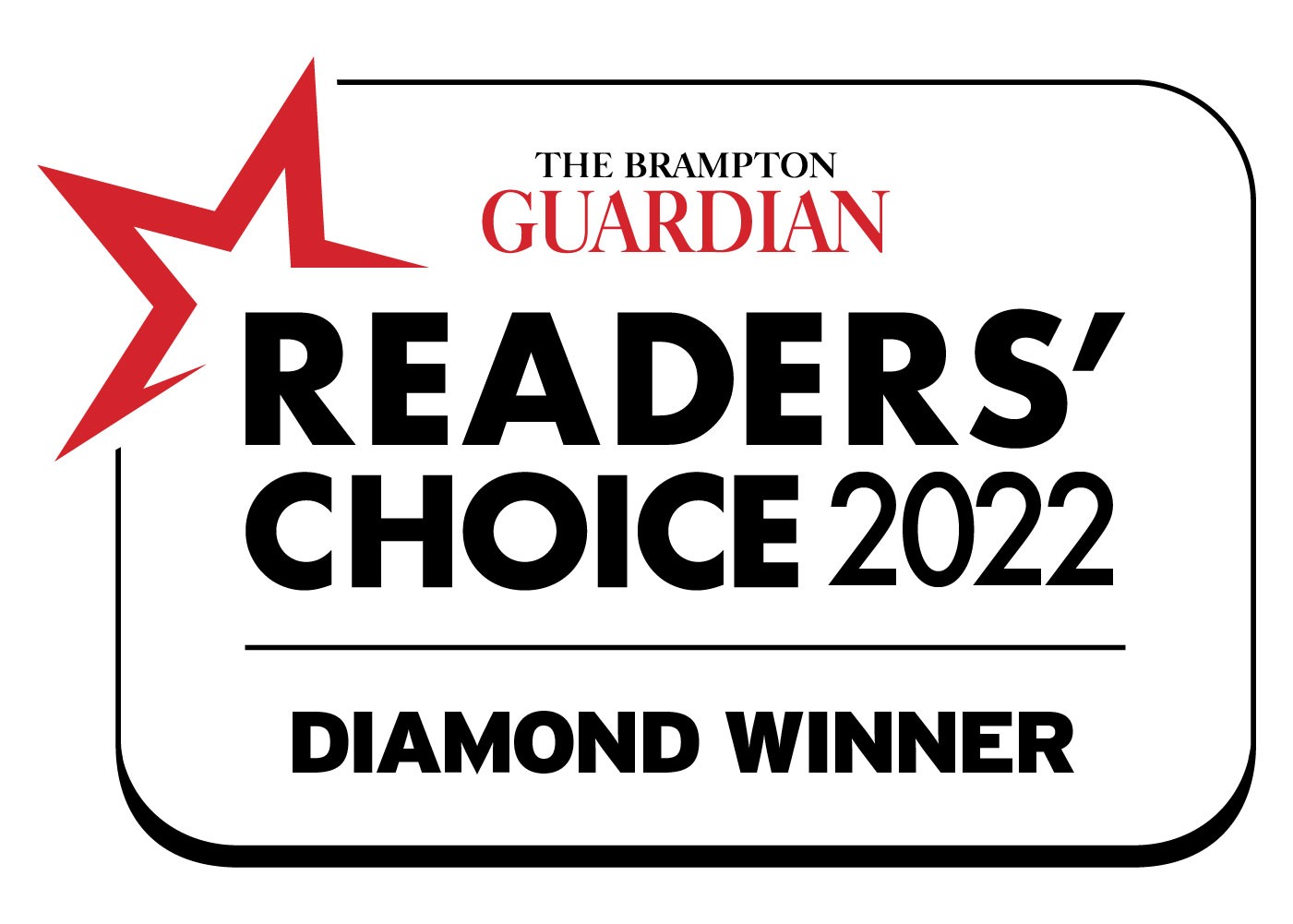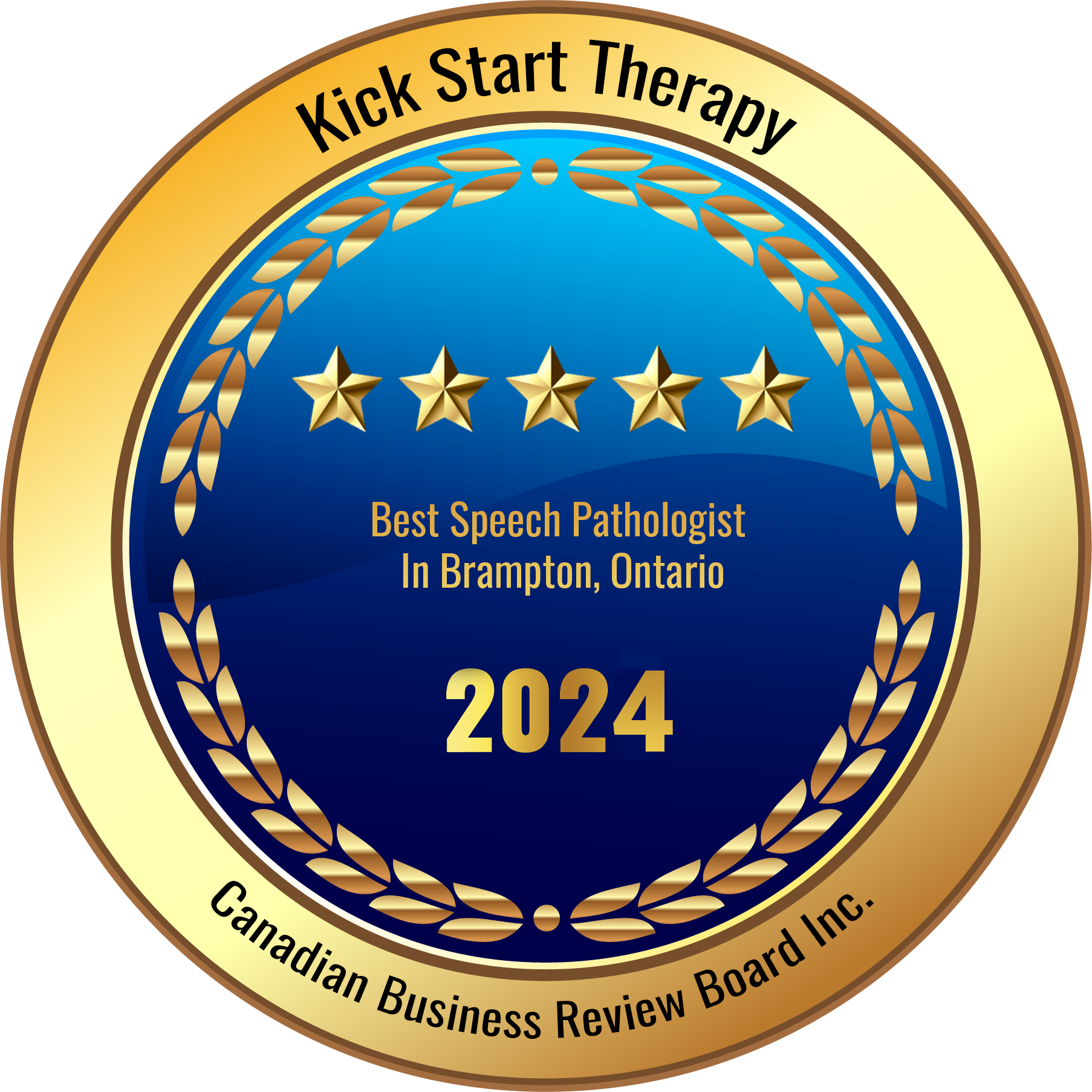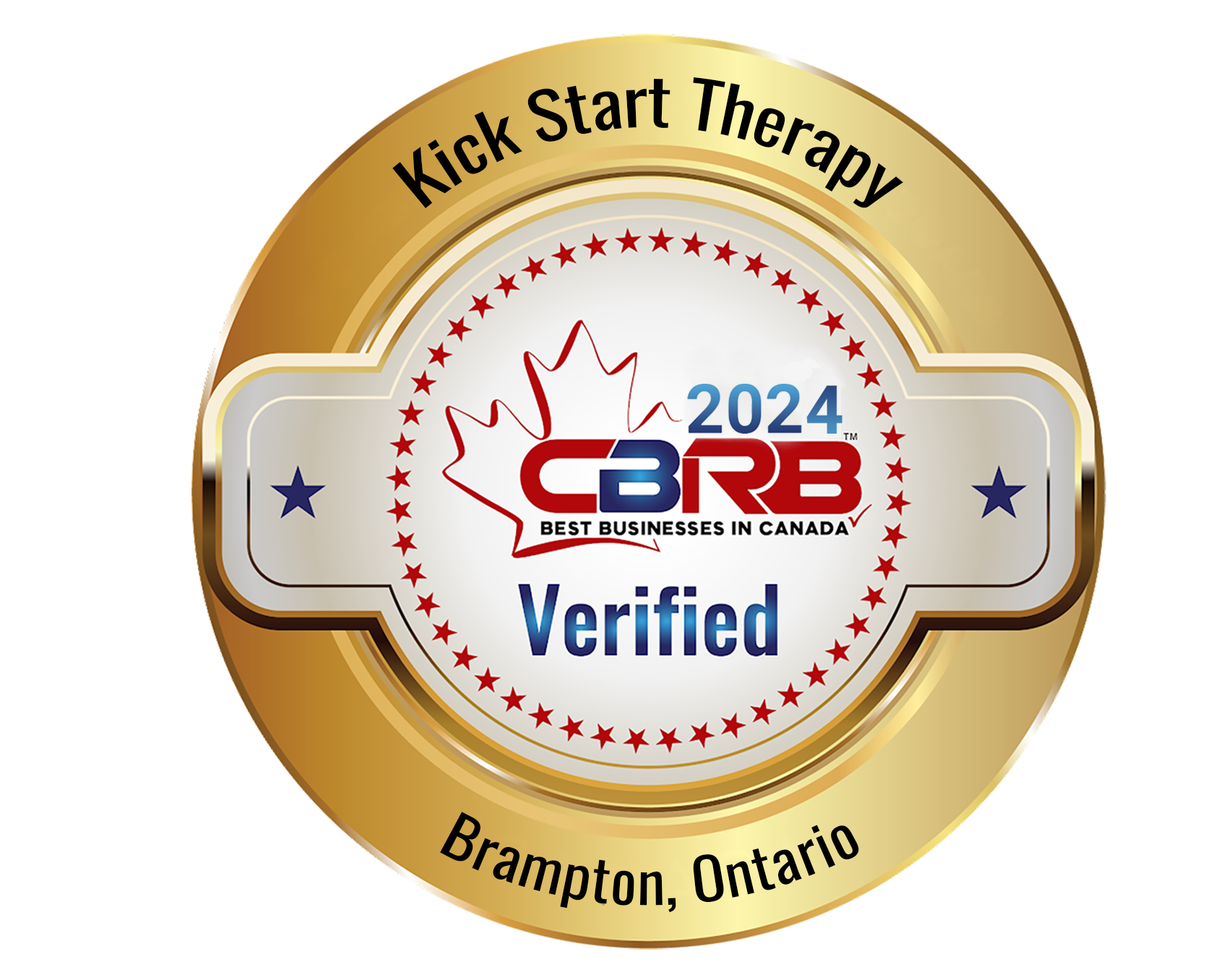Living with Attention Deficit Hyperactivity Disorder presents unique challenges, particularly in the realm of communication. ADHD affects an individual’s ability to focus, stay organized, and regulate impulses, which often spills over into their communication skills. Explore the connection between ADHD and communication difficulties and all the practical strategies for improvement.
ADHD is one of the neurodevelopmental disorder that impacts children and adults. The core symptoms of Attention Deficit Hyperactivity Disorder (ADHD) can significantly affect how individuals with ADHD communicate, leading to various challenges such as:
- Interruptions and Impulsivity: People with ADHD may frequently interrupt others during conversations due to impulsivity. They might find it hard to wait for their turn to speak, which can be perceived as rude or disrespectful.
- Difficulty Following Conversations: Inattention can make it challenging to follow conversations, especially in group settings. Individuals with ADHD may struggle a lot to stay on topic or remember key points discussed.
- Organizing Thoughts: Formulating coherent thoughts and expressing them clearly can be difficult. This often results in disorganized speech, making it hard for others to understand.
- Listening Skills: Active listening requires sustained attention, which is often a challenge for those with ADHD. It can lead to misunderstandings and at the same time it can also cause a feeling of frustration for both the speaker and listener.
Strategies for Improving Communication
While ADHD poses significant communication challenges, there are strategies that can help improve these skills. Here are some practical tips:
1. Practice Active Listening
It involves concentrating on what is being said rather than just passively hearing the message. To practice active listening:
- ● Maintain Eye Contact: This helps keep focus on the speaker and shows that you are engaged.
- ● Summarize and Reflect: You should be able to paraphrase what the speaker has said to ensure understanding.
- ● Ask Clarifying Questions: If something is unclear, make sure you don’t hesitate to ask questions. This not only aids comprehension but also keeps the conversation flowing smoothly.
2. Use Visual Aids
Visual aids can help organize thoughts and improve communication. For instance:
- ● Mind Maps: These can be used to structure thoughts before speaking or writing.
- ● Charts and Diagrams: Helpful for explaining complex ideas in a more digestible format.
- ● Written Notes: Jotting down key points during conversations can help in remembering and following the discussion.
3. Practice Turn-Taking
Turn-taking is crucial in conversations to ensure everyone has a chance to speak.
- ● Use Visual or Verbal Cues: Agree on signals to indicate when it’s someone’s turn to speak.
- ● Role-Playing: Practice conversations with a friend or therapist to improve turn-taking skills.
- ● Pause Before Speaking: Make it a habit to count to three before responding, giving others a chance to finish their thoughts.
4. Simplify and Clarify Speech
Clear and concise communication is key. To achieve this:
- ● Break Down Information: Simplify complex ideas into smaller, manageable parts.
- ● Use Simple Language: Avoid jargon or overly complicated words.
- ● Be Direct and Specific: State your points clearly without unnecessary embellishments.
5. Develop Organizational Skills
Improving organizational skills can significantly enhance communication. Some strategies include:
- ● Use Planners or Apps: Tools like planners or digital apps can help keep track of tasks and deadlines, reducing anxiety and improving focus.
- ● Set Reminders: Timers and alarms can help manage time and ensure important tasks are not forgotten.
- ● Create Routines: Establishing consistent routines can help manage daily tasks more effectively, leaving more mental energy for communication.
The Role of Therapy
Therapy can play the most crucial role in addressing communication challenges associated with ADHD. Speech therapy, in particular, focuses on improving specific communication skills, such as articulation, language processing, and social communication. Additionally, cognitive-behavioral therapy (CBT) can help individuals develop better coping mechanisms for managing impulsivity and inattention, ultimately enhancing their communication abilities.
Bottom Line
Living with ADHD and communication challenges can be daunting, but with the right strategies and support, significant improvements can be made. Practicing active listening, using visual aids, practicing turn-taking, simplifying speech, and developing organizational skills are effective ways to enhance communication. Furthermore, seeking professional help from therapists can provide tailored strategies to address specific needs. By implementing these approaches, individuals with ADHD can improve their communication skills, leading to better personal and professional relationships.







